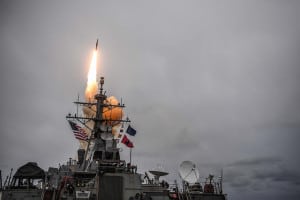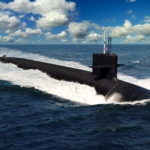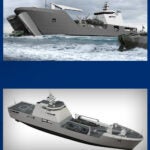
The Secretary of the Navy this week told a congressional panel that the service has used nearly $1 billion in critical munitions in Middle East operations in the past year and a pending supplemental spending bill is key to replenish them. “We currently have approaching $1 billion in munitions that we have need to replenish at some point in time so, therefore, the over $2 billion that’s provided for in the supplemental is entirely critical to our Navy and Marine…

 By
By 











